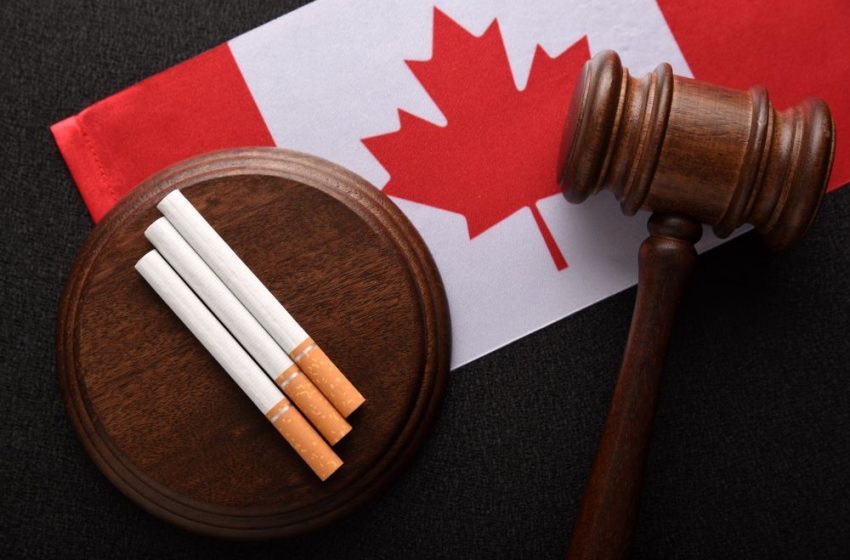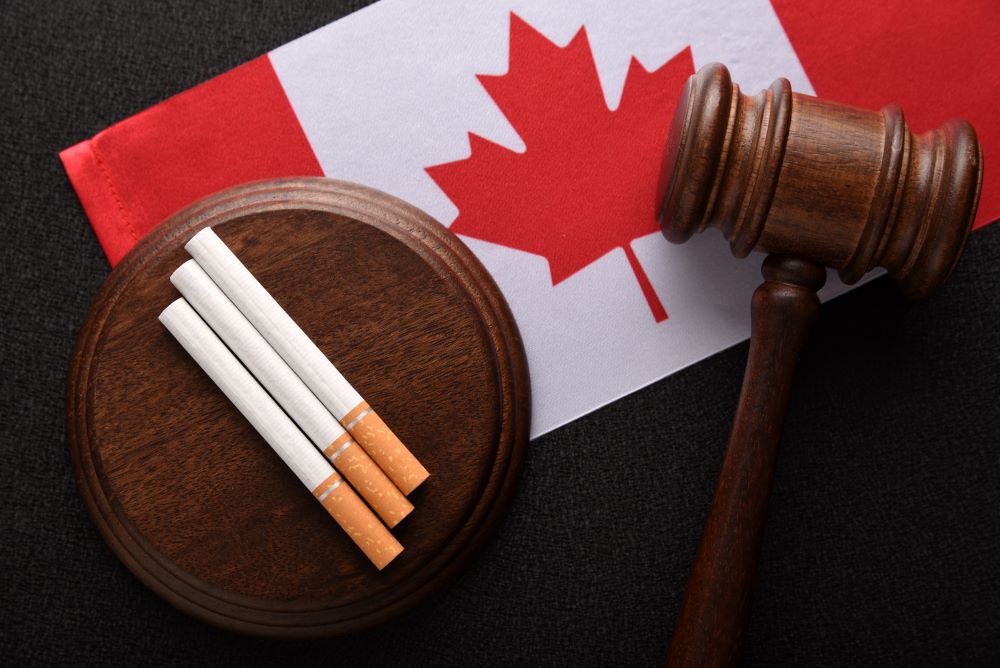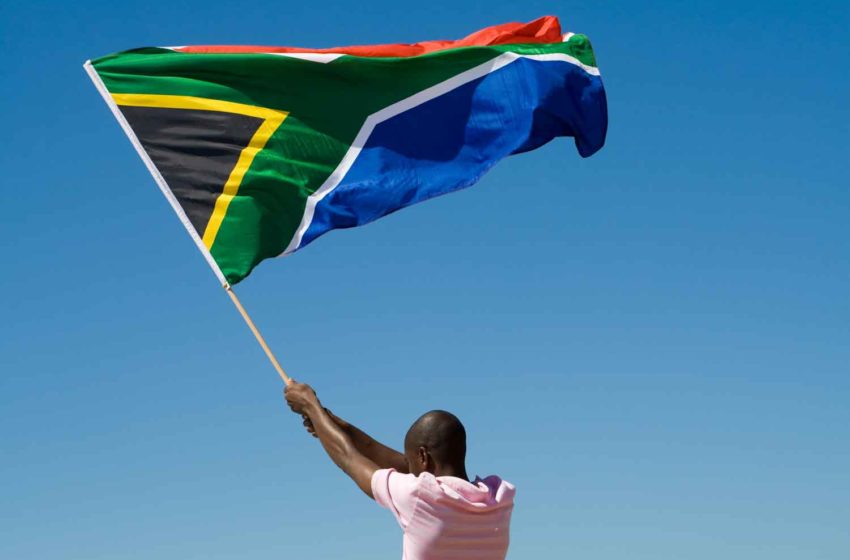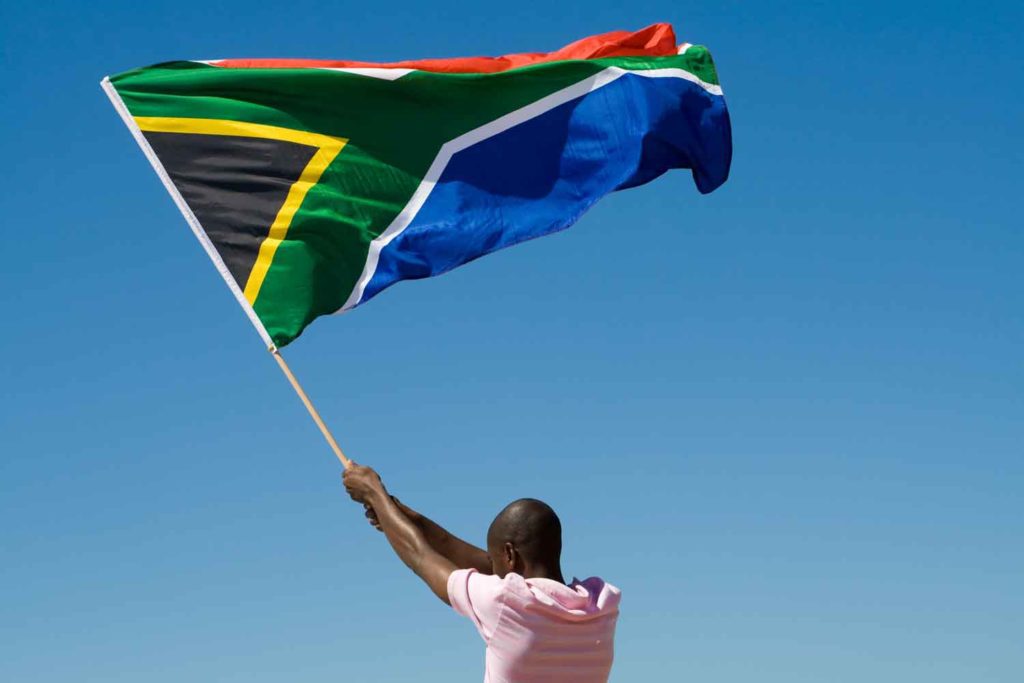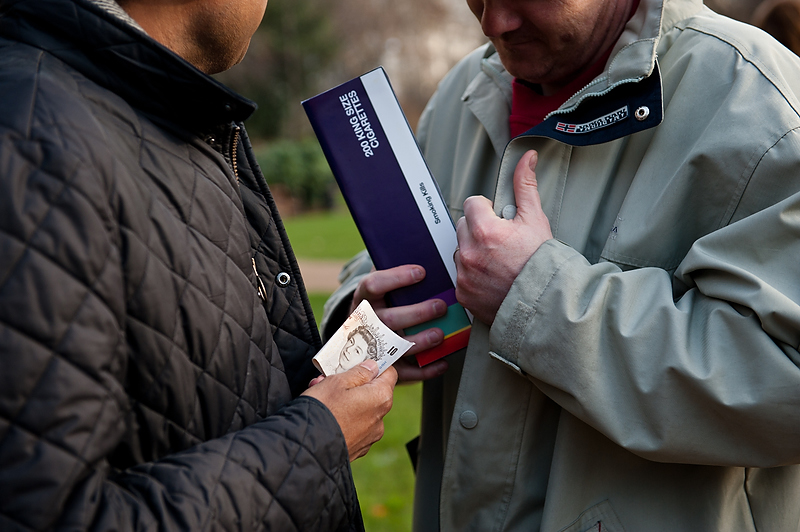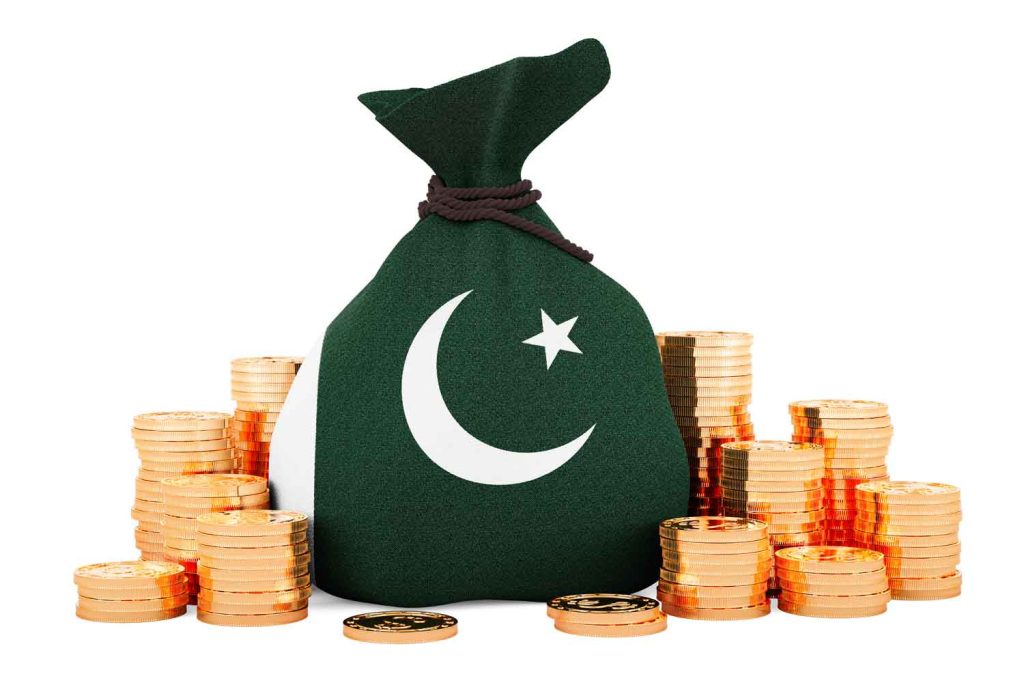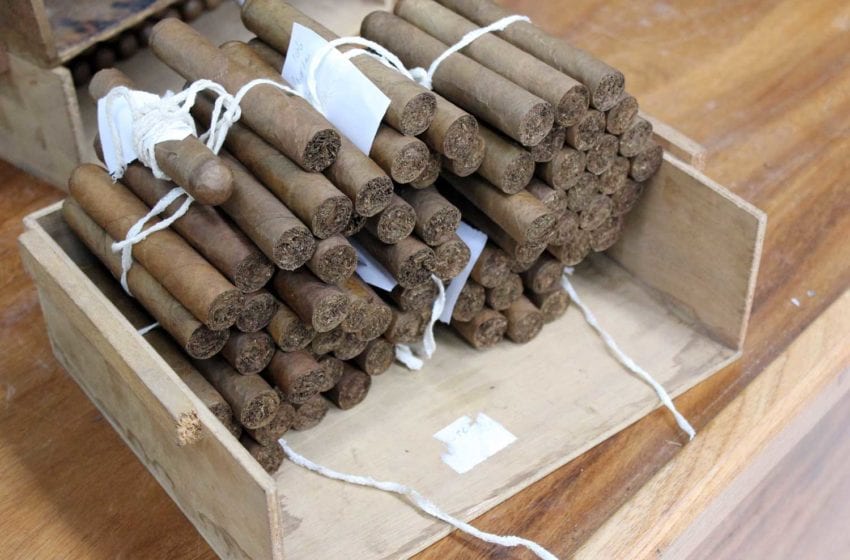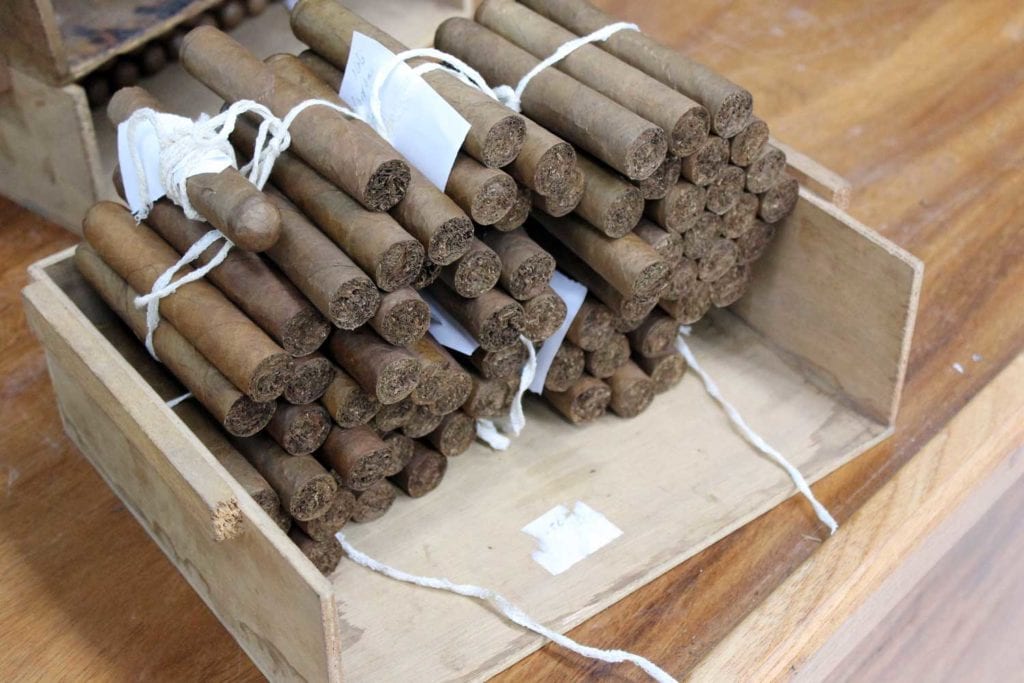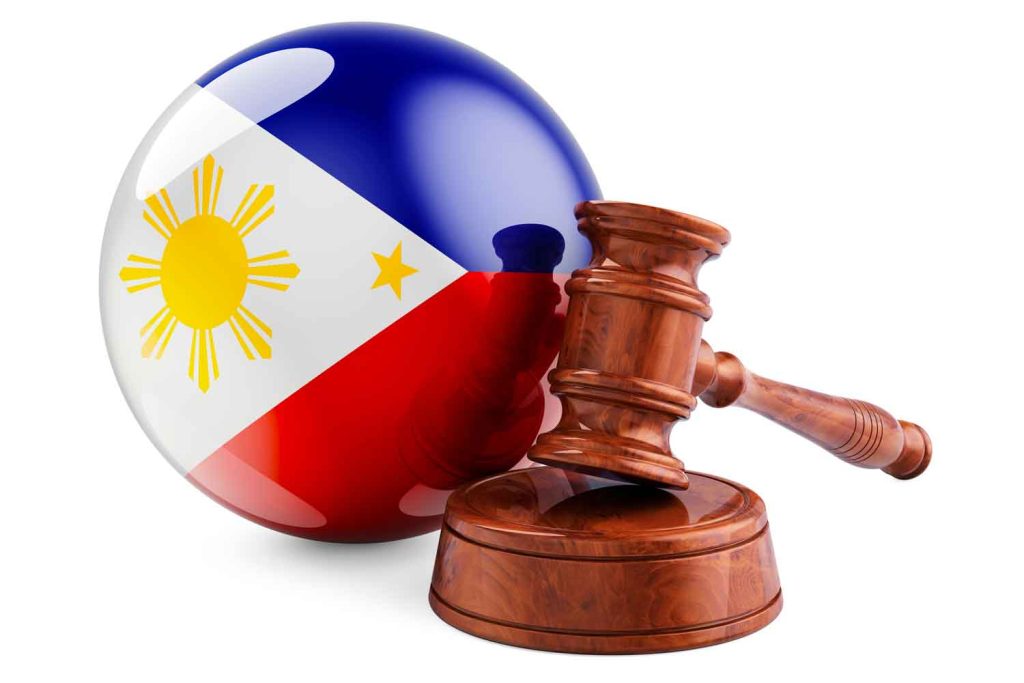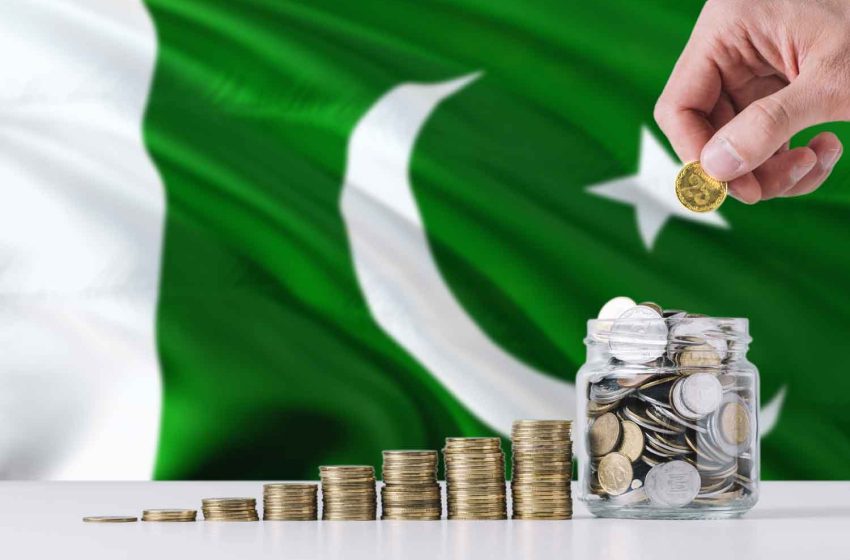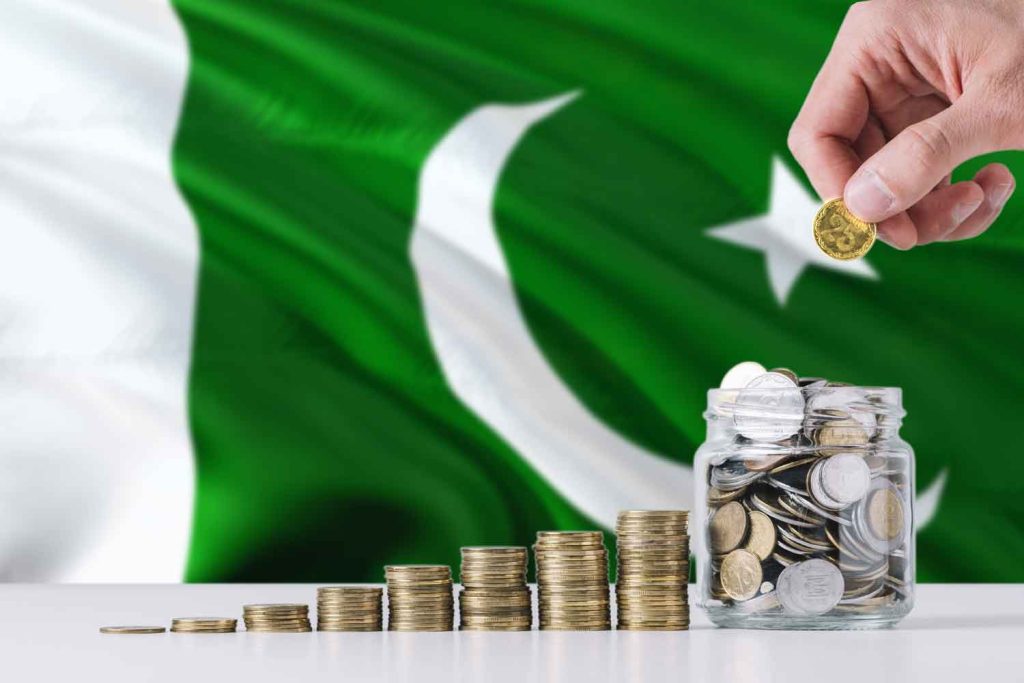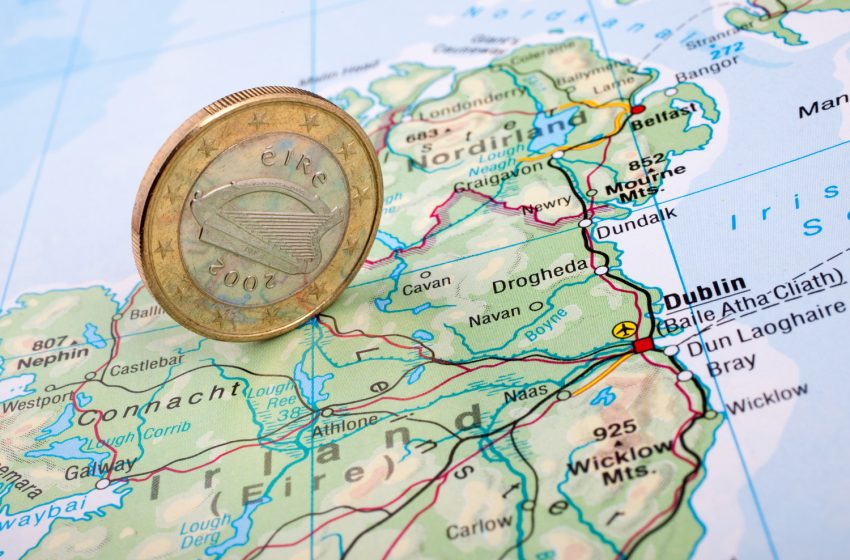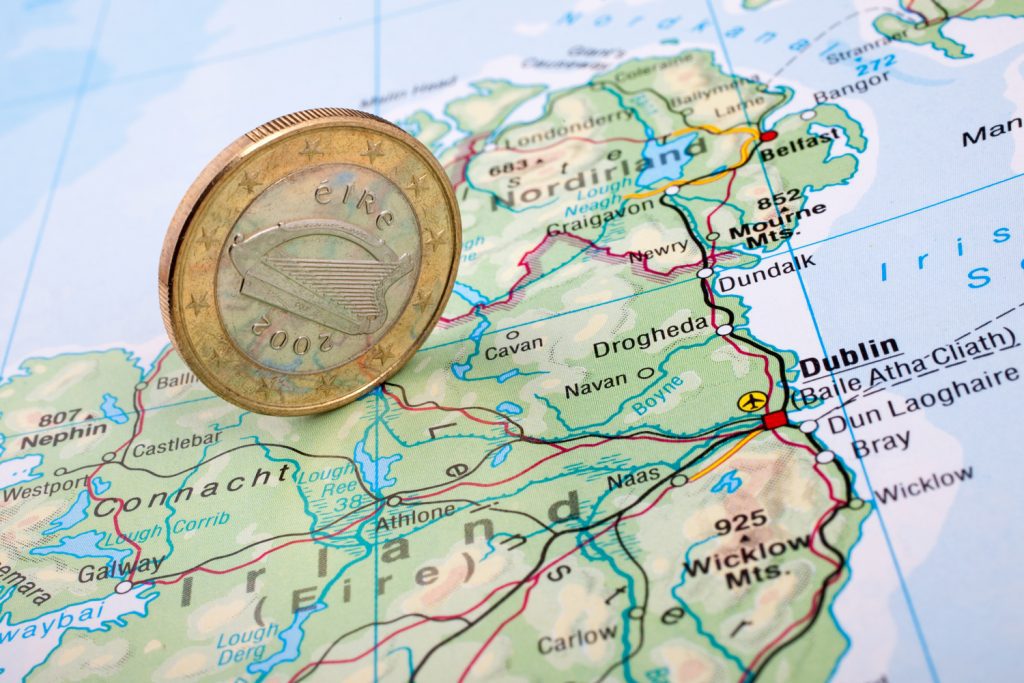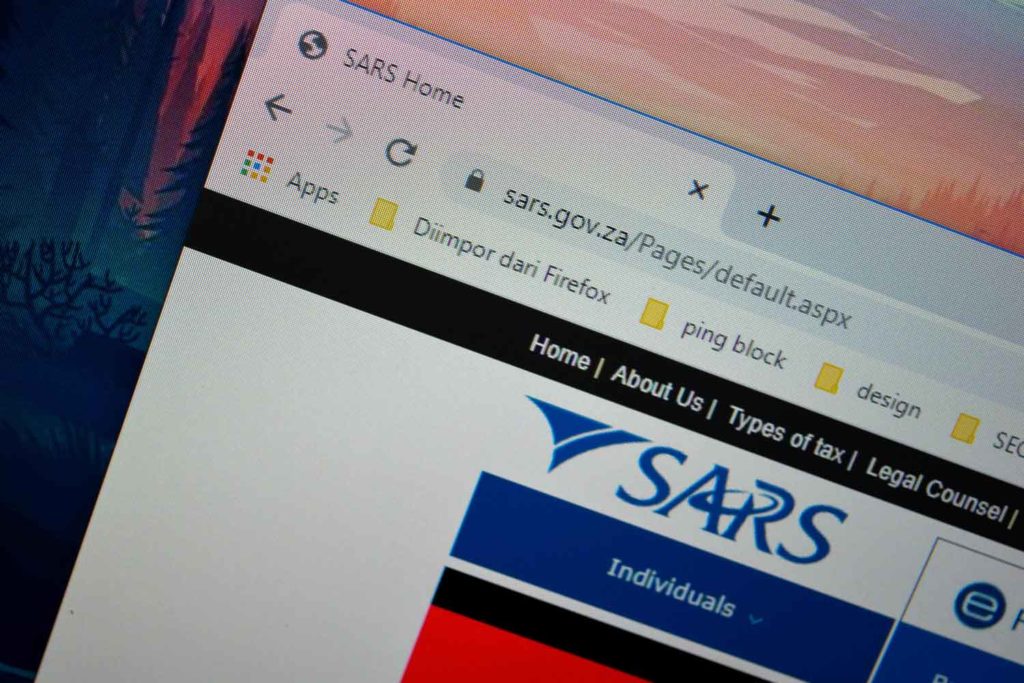
The Customs Division of the South African Revenue Service (SARS) has begun destroying illicit and smuggled cigarettes at the Beitbridge border post, reports SA News.
According to SARS Deputy Commissioner Johnstone Makhubu, 2,000 master cases, or 20 million cigarettes, will be destroyed.
The illicit products were seized in multi-agency and intelligence-driven operations led by Customs’ National Rapid Response Team.
“SARS has a zero-tolerance for persons or organizations that are involved in tax crime or illicit trade, and SARS will pursue them relentlessly,” said Makhubu.
Customs has put into place measures to grant benefits to compliant traders through the Accredited Economic Operator Model, according to Beyers Theron, SARS director of customs and excise. SARS is also implementing SMART border technology to increase detection capability and response.
“Since the inception of its coordinated and focused investigations Customs has been conducting over the past three years in the tobacco and cigarette industry, there has been a noticeable shift to increased cross-border smuggling using ‘runners.’ These are not individuals smuggling these cigarettes as an entrepreneurial opportunity but organized criminal syndicates exploiting the unemployed and the poor by employing individuals as runners to carry goods, often for miles, across borders,” said Theron.
“These runners carry at least two master cases of illicit cigarettes on their backs per run, often repeating these trips multiple times. These cigarettes are then loaded into trucks, small goods vehicles, cars and taxis that wait at locations along the border for distribution to their intended destinations on the local market.”


